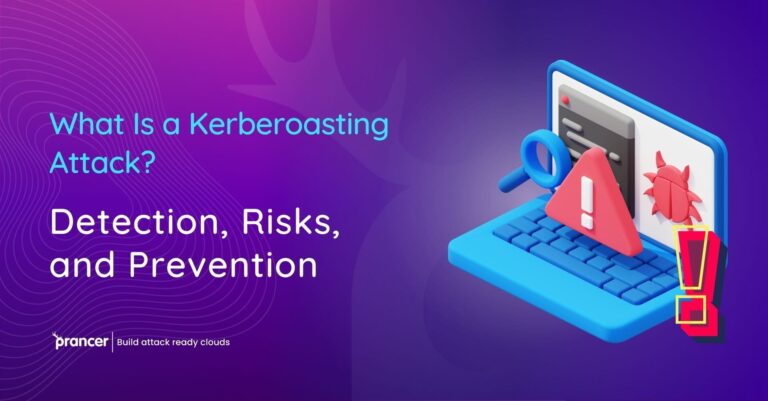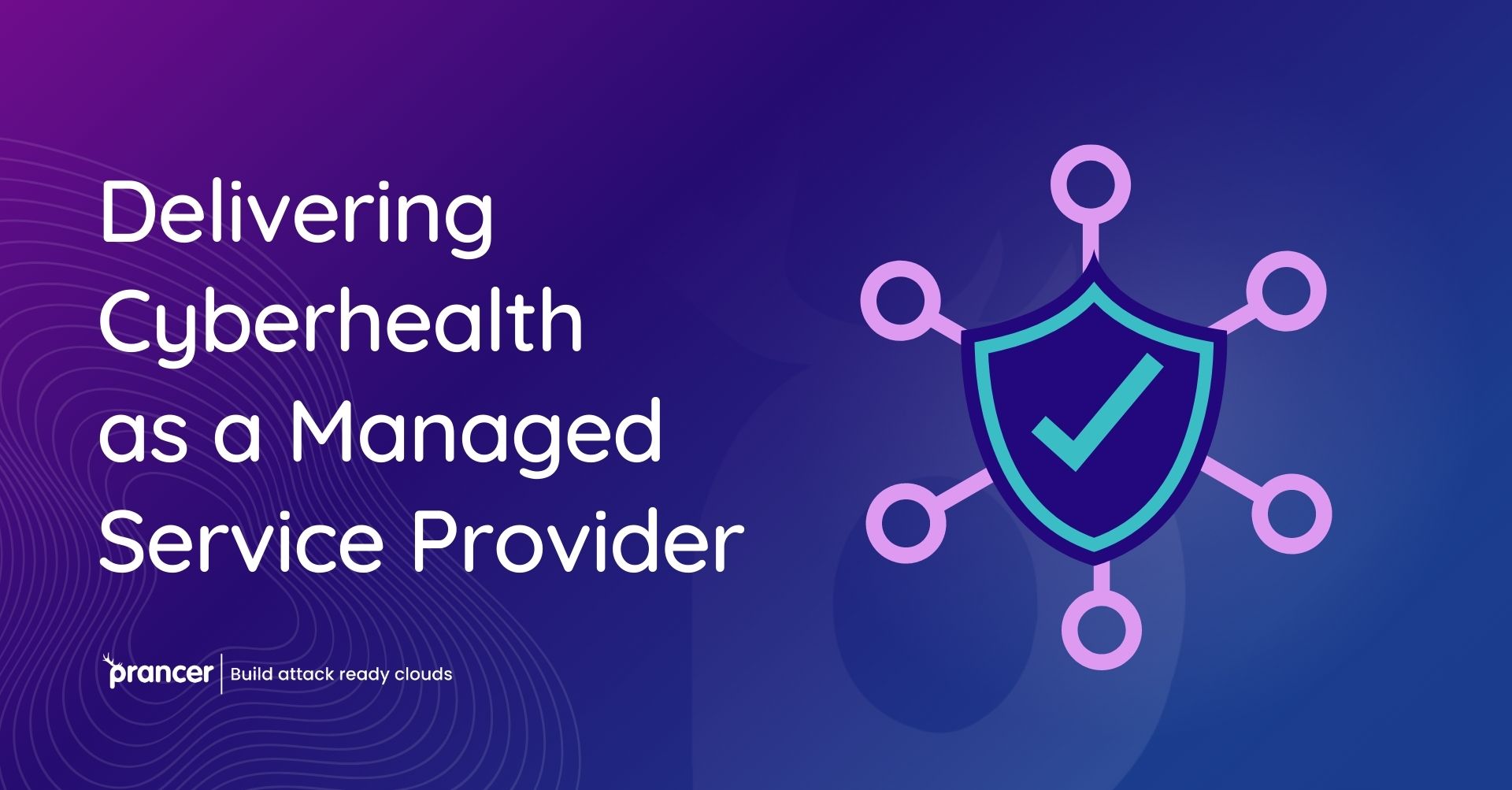

In the ever-evolving landscape of cybersecurity, there is a constant exchange of viewpoints on the most effective approach to achieving cyber health. This conversation revolves around two distinct perspectives: the Red Team and the Blue Team. The Red Team represents the offensive approach, continuously probing cloud defenses to identify security vulnerabilities. On the other hand, the Blue Team focuses on defensive measures to protect data and maintain a secure environment. In this blog post, we delve into the insights shared by two cybersecurity experts, Farshid Mahdavipour and Kumar Chandramoulie, as they discuss their backgrounds, expectations, and the future of Managed Service Providers (MSSPs) in ensuring cyber health.
Farshid Mahdavipour, CEO of Prancer Enterprise, represents the Red Team. With over 15 years of experience, Farshid has worked with Fortune 100 companies in migrating to the cloud and creating cloud-native applications. His role primarily revolves around ensuring the security of cloud environments and collaborating with managed security service providers to maintain a secure ecosystem. Farshid believes in an offensive security approach, constantly challenging the security guardrails to protect company assets within the cloud environment.
Kumar Chandramoulie, the Blue Team representative and CIO of Prancer Enterprise, has an extensive background in cybersecurity, including threat intelligence, forensics, and application security testing. Kumar emphasizes the importance of staying ahead of threats and helping organizations secure their assets. From the Blue Team’s perspective, the focus is on defensive measures, such as identifying, protecting, detecting, responding, and recovering from potential cyber threats.
Both Farshid and Kumar agree that MSSPs play a crucial role in achieving cyber health. They should understand an organization’s strategy and business objectives to effectively implement defensive and offensive security measures. Farshid highlights the need for MSSPs to showcase their abilities in predicting, preventing, and protecting against cyber threats. Kumar emphasizes the importance of automation and the need for MSSPs to use their resources effectively to provide comprehensive cybersecurity solutions.
One of the challenges faced by MSSPs is the constant pressure to be productive while maintaining cyber health. Farshid emphasizes the importance of empowering resources to engage in proactive measures rather than spending time on repetitive tasks. Both experts agree that Managed Service Providers should focus on providing clear and understandable reports to developers, bridging the gap between security and development teams.
As the conversation progresses, Farshid and Kumar discuss the ideal expectations from MSSPs. They envision MSSPs leveraging new technologies and innovations to offer enhanced cyber health solutions. Automation, comprehensive vulnerability assessments, and quick report generation are some key features that can make Managed Service Providers valuable partners in securing organizations’ assets.
The clash between the Red Team and the Blue Team represents the ongoing debate in the cybersecurity industry. Both perspectives, offensive and defensive, contribute to achieving cyber health. The insights shared by Farshid and Kumar shed light on the expectations from Managed Service Providers, the challenges they face, and the opportunities that lie ahead. As cyber threats continue to evolve, organizations must seek the expertise of MSSPs to ensure their assets are secure and stay ahead of the curve in the ever-changing realm of cybersecurity.
